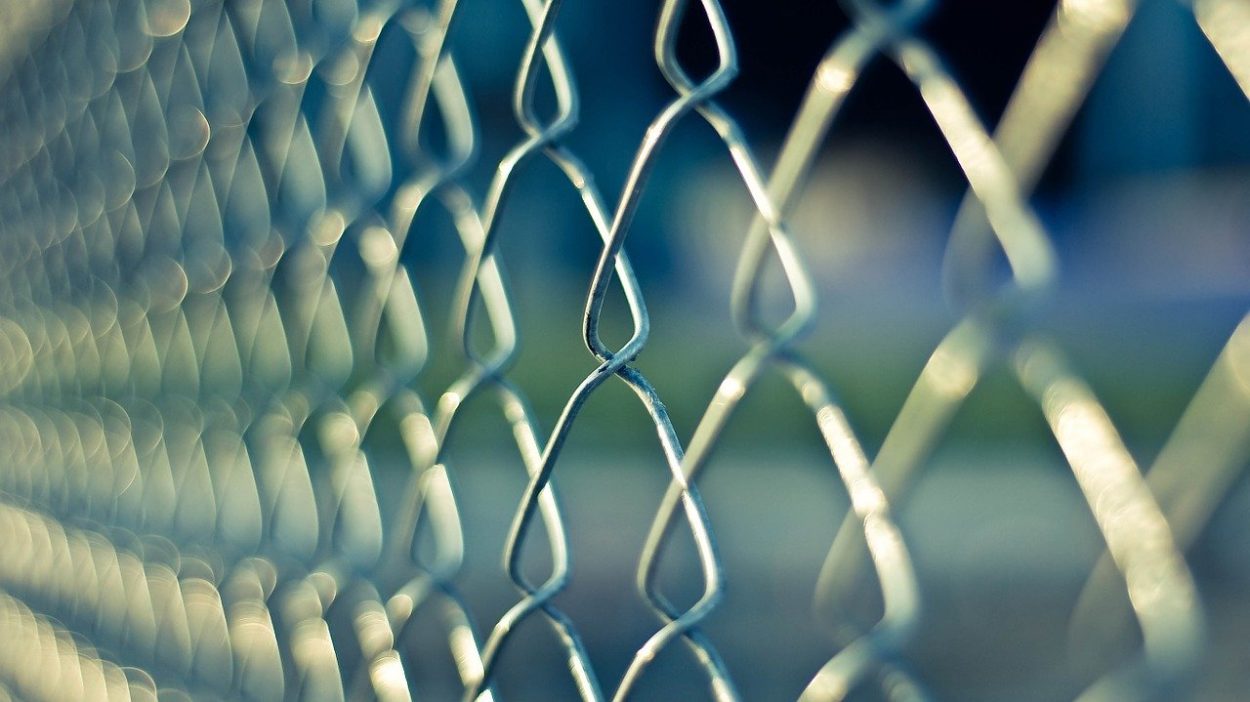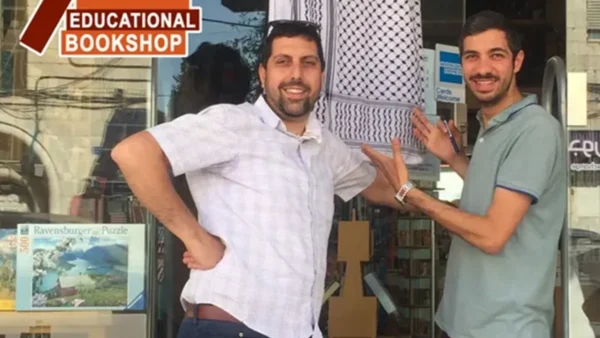This is a guest post by Lynsey Burrows at the Immigration Advice Service, an organisation of immigration lawyers based in the UK & Ireland. I don’t normally publish guest posts here, but this one is important and timely, and I think you’ll enjoy reading it.
In 2012, Theresa May’s government created the ‘hostile environment’; a set of immigration policies and measures aimed at making life in the UK as difficult as possible for asylum seekers and undocumented migrants. It has certainly achieved that and more, as it has been felt by all migrants. However, in this ‘new normal’, when life is challenging for all across the nation and beyond, these policies are not just making life difficult, but are life-threatening and in some cases deadly.
A Preventable Death
Elvis had lived in the UK for around 10 years. He worked as a cleaner, sending money back to his family in the Philippines. After developing the symptoms of Covid-19, he self-isolated at home. He was too afraid to seek help due to “fearing that he would be charged thousands of pounds for treatment, or that he would face immigration enforcement if he tried to access care”. On the 8th of April, Elvis died. His wife reportedly remains in fear of UK authorities. This tragic case is not unique and, in the months to come, when the fog clears and more cases come to light, we will undoubtedly hear of even more preventable deaths.
Elvis’s story was highlighted in a cross-party letter sent to Health Secretary Matt Hancock back in April. The letter demands an end to the hostile environment policies, specifically those which regard the NHS during this crisis. It states that, despite the government’s positive move to list Covid-19 as a disease for which everybody will receive treatment free of charge, this “does not undo years of hostile environment policies, in which migrants have been told that they will be charged for healthcare or faced with immigration enforcement when accessing public services. In the present moment, this undermines the government’s efforts to respond to the pandemic.”
The UK immigration process is hugely complicated to begin with, never mind attempting to navigate it during a worldwide health crisis. Whilst we worry about loved ones, our own health, our finances, the future, we shouldn’t also have to worry about legal complexities.
Asylum seekers and undocumented migrants are so scared to be forced out of the UK through deportation that they would rather risk death than seek medical help. Many asylum seekers and undocumented migrants live in poorer areas and/or are part of the BAME community. A recent report by Public Health England has stated that these are both groups at a higher risk of being diagnosed with Covid-19. More worryingly, this demographic has a significantly higher mortality risk. Concerns over immigration status should not take priority over health fears. Nobody should live in fear that seeking medical assistance will lead to their arrest and subsequent deportation.
Medical Workers at Risk
And it is not only those who are suffering in silence from Covid-19 symptoms that are affected by the current immigration system—it’s those who are out on the frontlines fighting it.

The doctors, nurses, paramedics and other workers putting their lives on the line every day to take care of us certainly do not need the extra pressures of trying to decipher Home Office announcements. Yet that is exactly what happened on the 31st of March. Home Secretary Priti Patel announced that doctors, nurses and paramedics employed by the NHS whose visas are due to expire before October would automatically have their visas extended, free of charge, for one year. However, two weeks later, they tightened the parameters: this only applies to those with a Tier 2 Work Visa. Those who hold other visas, such as family reunion visas, were cut out of the ‘deal’.
To make public announcements that sound inclusive and generous to only later essentially renege, leaving many frontline workers in the dark about their future, seems disingenuous.
Whilst the Home Office has extended certain types of visas, mainly to allow our NHS workers to battle in the fight against coronavirus, for other visa-holders it remains unclear whether or not they will have their visas extended. For example, people who are working in the UK as porters, cleaners and healthcare assistants do not seem to be covered by the new visa extensions. Nor is it clear whether those on Spouse Visas are covered. Therein lies a huge part of the problem: the confusion.
What Is to Be Done?
So, what needs to change? In Portugal, all migrants are now entitled to the same rights as residents for the duration of the pandemic. In Ireland, visas have automatically been extended and a firewall has been set up that allows migrants to access healthcare without concern.
To ensure migrants are protected during the pandemic, the UK government ought to follow suit. This means suspending its hostile environment policies, granting temporary leave to remain to all asylum seekers, refugees and undocumented migrants, and at least temporarily scrapping the ‘No Recourse to Public Funds’ condition, in order to allow migrants to access desperately needed financial support. In addition to this, the government ought to establish a statutory instrument which ensures that migrants will not be punished for overstaying their visa during the pandemic/will not have this held against them in the future; this is a very real concern for immigration lawyers across the UK who have expressed their doubts regarding the legal basis for the government’s recent claims.
Perhaps most crucially, the government must put a stop to deportations and detention during the pandemic and end the patient data sharing between the NHS and the Home Office that has led so many to fear UK authorities and health services.
When—or if—those demands are met, there needs to be clarity in exactly what this means. There must not be ambiguous announcements and backtracking: in a time when lives are at risk, words and actions matter.
People in the migrant community continue to risk their lives to help others. The very least the government can do is allow all migrants to access that same help.



